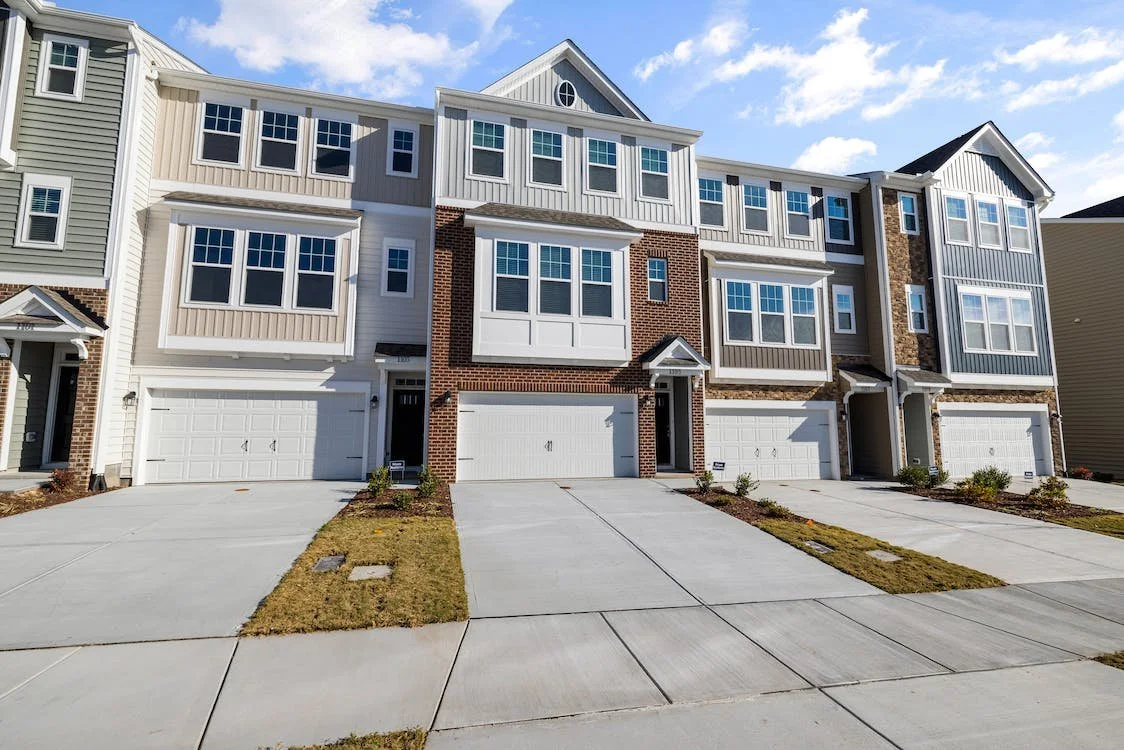Multifamily Fundamentals Return to Historical Norms
Nothing about the last business cycle has been normal. A global pandemic, a prolonged zero or near-zero federal funds rate and a decade of outsized rent growth nationwide have skewed multifamily investors’ perception of normal market dynamics. This year, it is officially time to take away the punchbowl. Markets are normalizing, with an expectation of higher long-term interest rates—the Fed increased rates again by 25 basis points at the March meeting—and steady growth metrics.
Arthur Milston, senior managing director at NAI Global, and John Rutherford, SVP of investment sales at NAI Hallmark, say multifamily investors are in for an adjustment period, which has already manifested through buyer-seller gaps in pricing and a dramatic decrease in acquisition activity. However, multifamily continues to perform with positive rent growth and strong demand fundamentals, illustrating positive long-term prospects for the asset class.
The Era of Normalized Growth
After several years of double-digit rent increases, market growth is returning to a normal range. In 2023, national multifamily rents are up 5.5%, occupancy is above 95% and there remains a housing shortage in the country. All of these dynamics point to a steady and measured investment.
“If you compare it to where we were pre-COVID and some of the supply-demand constraints that contributed to rising inflation, I would say that we are even higher than we were pre-pandemic in terms of metrics like rent growth,” Rutherford said.
Of course, we’re also seeing normalized market metrics due to higher interest rates. The recent prolonged period of low interest rates is an anomaly by historical standards. Multifamily investors are going to have to adapt, and that might be difficult. “We are in a stabilization process,” explains Rutherford. “There are going to be some ramifications from that, but the market will start to stabilize as time goes on.”
Choppiness Will Diminish in the Second Half of the Year
Much of the worst is already behind us. Interest rates are likely to move up at a slower pace this year, and multifamily owners will have an opportunity to recalibrate. Maturing debt will help to push owners to adapt. “People will be confronted with a decision to refinance or sell,” says Milston. Some people will have reached the end of their typical life cycle with an investment.”
Others will absorb the higher interest rate. Either option will help these new fundamentals to work their way through the market. The two experts from NAI Global expect that will fuel stronger acquisition and deal activity in the second half of the year.
“Assuming there are no new significant economic or market disruptors, we should see transaction activity pick up in the second half of 2023,” Milston says. “I think it will become more normalized to what we have seen historically in terms of annual transaction volume.”

